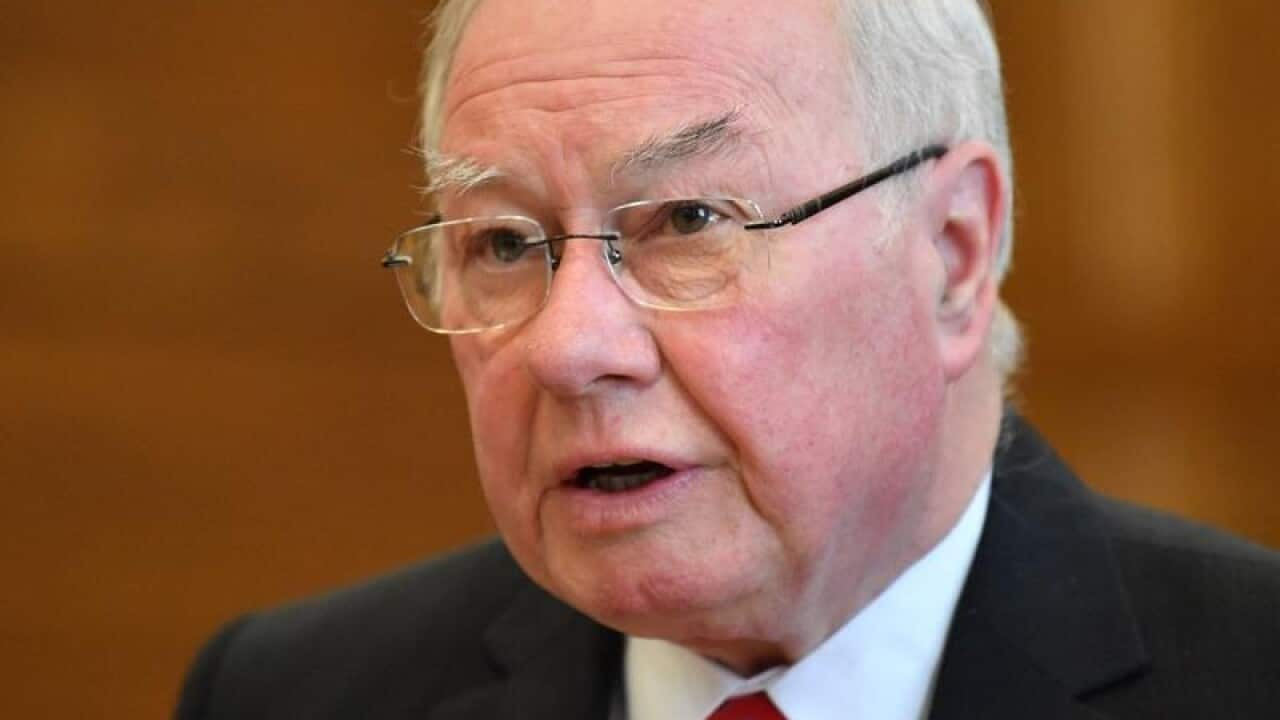Recently arrived Chinese migrant Yuzhen Chen is glowing in her praise of her new home and all that it offers for her young family.
"My children can have good future here. Australia has a clean environment and a good education system with opportunities,” she said.
“My favourite thing about Australia is the lovely blue sky every day. I love to do outside activities under the blue sky.”
She was one of more than 130 clients of settlement agency Australian Management Education Services Australia who took part in a survey gauging the migrant and refugee experience. Respondents were asked why they came to Australia and to describe their experiences of making a new life in their adopted country.
Respondents were asked why they came to Australia and to describe their experiences of making a new life in their adopted country.

Chinese migrant Yuzhen Chen, who took part in a survey into the experiences of newly-arrived Australians Source: Supplied
AMES spokesman Laurie Nowell told SBS News the survey produced some positive and negative findings.
"What was encouraging was that everybody who comes here seems to want to fit in and contribute, get a job and join in community activities," he said.
"One of the troubling things we found was that not everybody has a really good experience immediately.
Some people take longer than others to settle in, find work and feel like they belong here."
The language hurdle
Once they arrived, learning English was identified as the most important requirement.
But Mr Nowell said an overwhelming 64 per cent found this to be the biggest hurdle they faced.
"Everyone who comes to this country has a different back story and Australia has a very strong English language service for migrants and refugees," he said.
"But not everybody is able to take that up and also, if you are not literate in your own language, it's very difficult to learn English quickly."
As a result, many find it hard to get work and make ends meet, with what are usually higher living costs in Australia than in their home country.
They also miss the the families they've left behind in their home country.
One in five who have been in Australia for up to five years report feelings of isolation.
But overall, the results suggest, they're happy with their decision to migrate here.
More than half the respondents - who came from more than 30 countries - said they were attracted to the Australian lifestyle and democratic freedoms.
According to Laurie Nowell, the newest Australians just want the opportunity to prove themselves.
"The vast majority of people who come here are optimistic about the future, they want to contribute, they want to be part of society, they want to fit in," he said.
"But the others who struggle perhaps could be helped along with outreach from employers to just be given a chance to show what they can do."
'Naming and shaming' sponsors
The survey coincides with Federal Government moves to protect migrants who do find work.
It's hoping by exposing bosses who exploit sponsored workers, other companies will be deterred from doing the wrong thing.
Under legislation that has passed the Lower House this week, the Department of Home Affairs will have the power to "name and shame" migrant sponsors who have been sanctioned for failing to meet their obligations.
Migrant workers' tax file numbers would also be collected to verify that they - along with the businesses employing them - are complying with employment conditions.
Citizenship and Multicultural Affairs Minister Alan Tudge told parliament these measures would benefit imported and local workers.
"These measures collectively strengthen the integrity of skilled migration visa programs and protect Australian and overseas workers," he said.
"This government has a very strong track record in jobs creation, in getting people off welfare and into work, and only where absolutely necessary, issuing 457 visas."
Labor, which is backing the bill, has called for it to be expanded to include seasonal workers, who are also vulnerable to exploitation.


